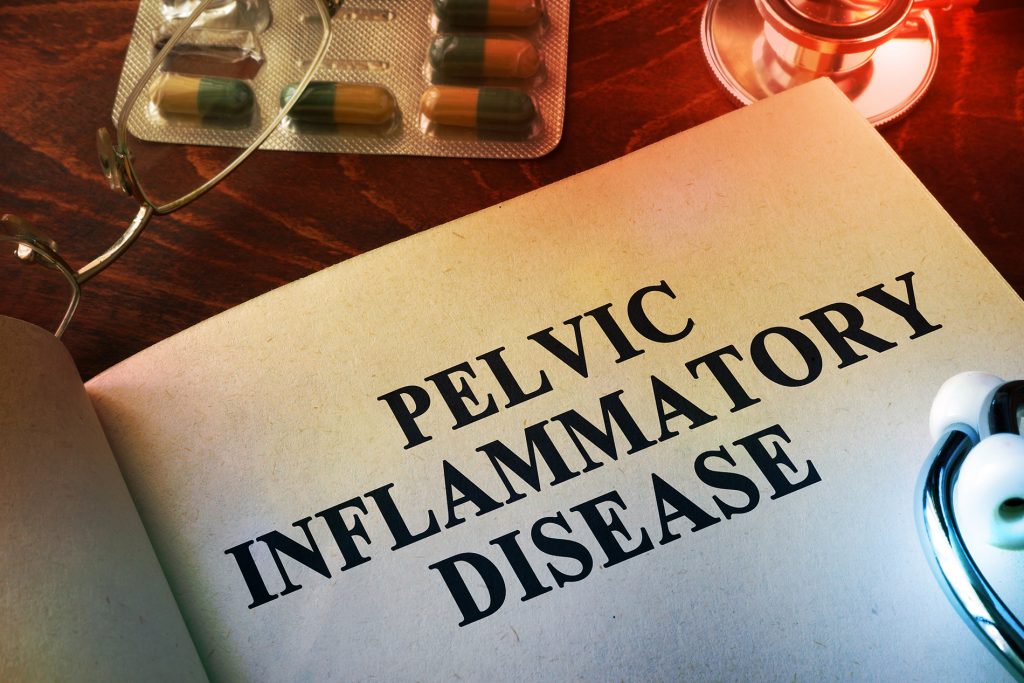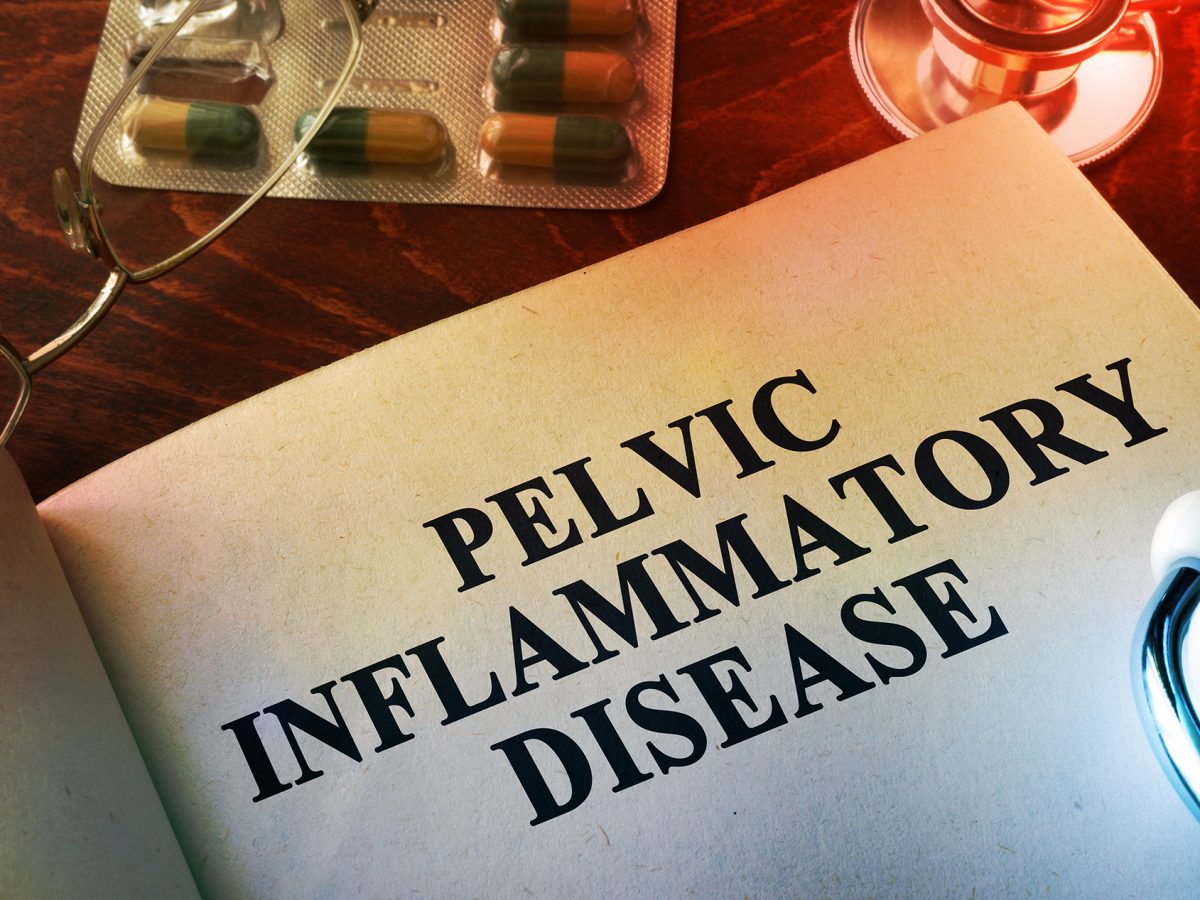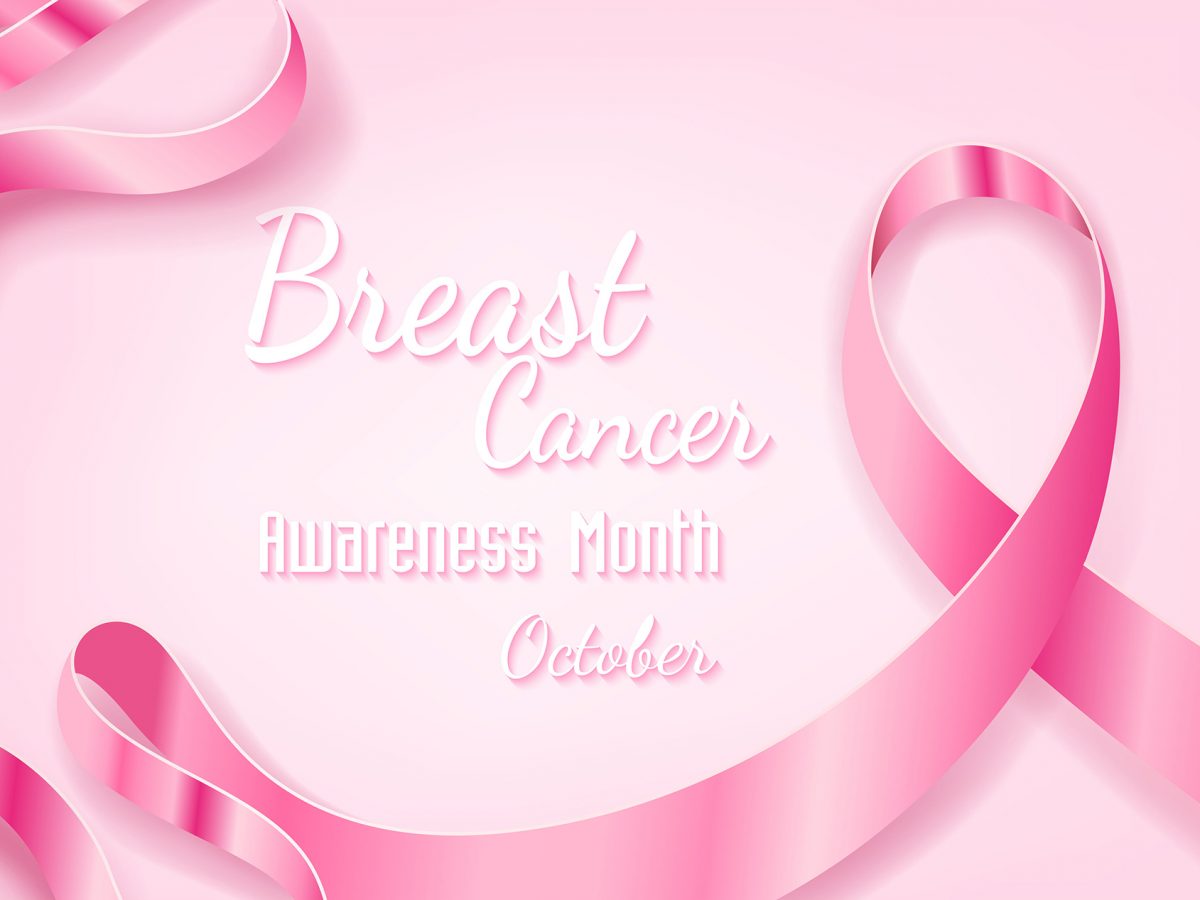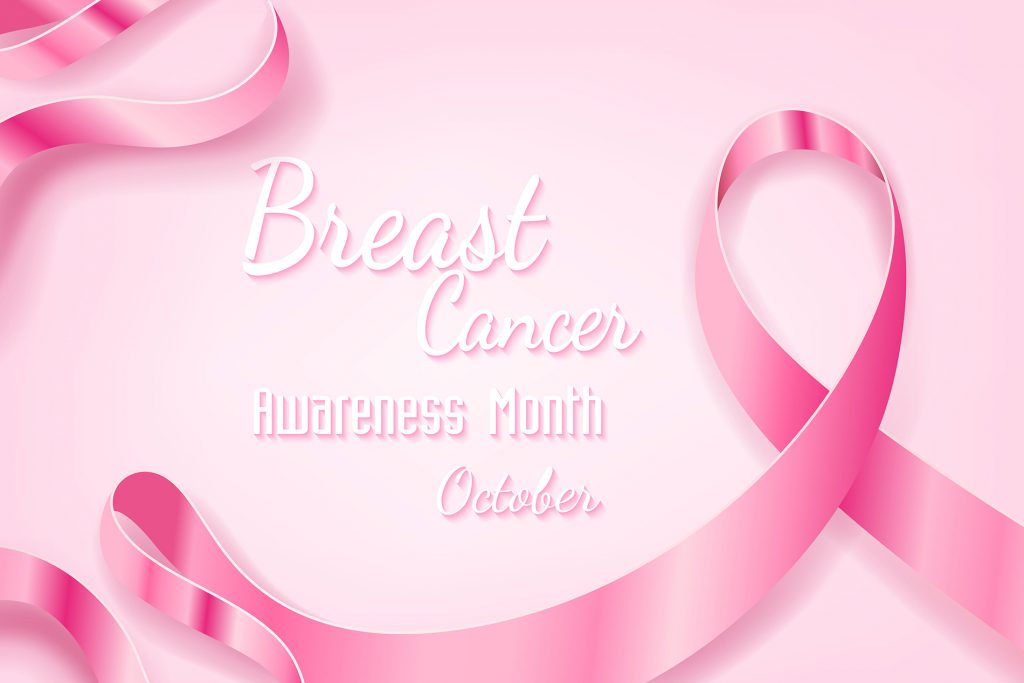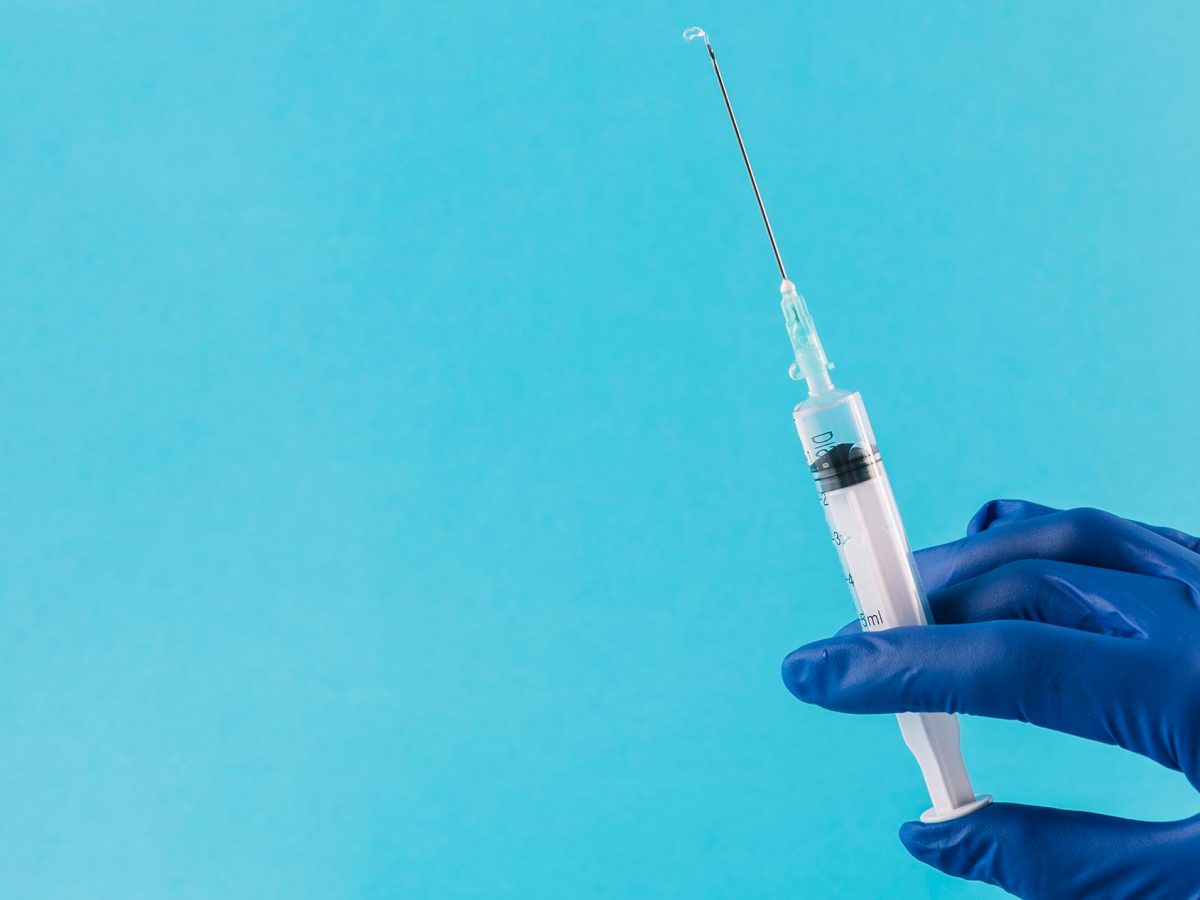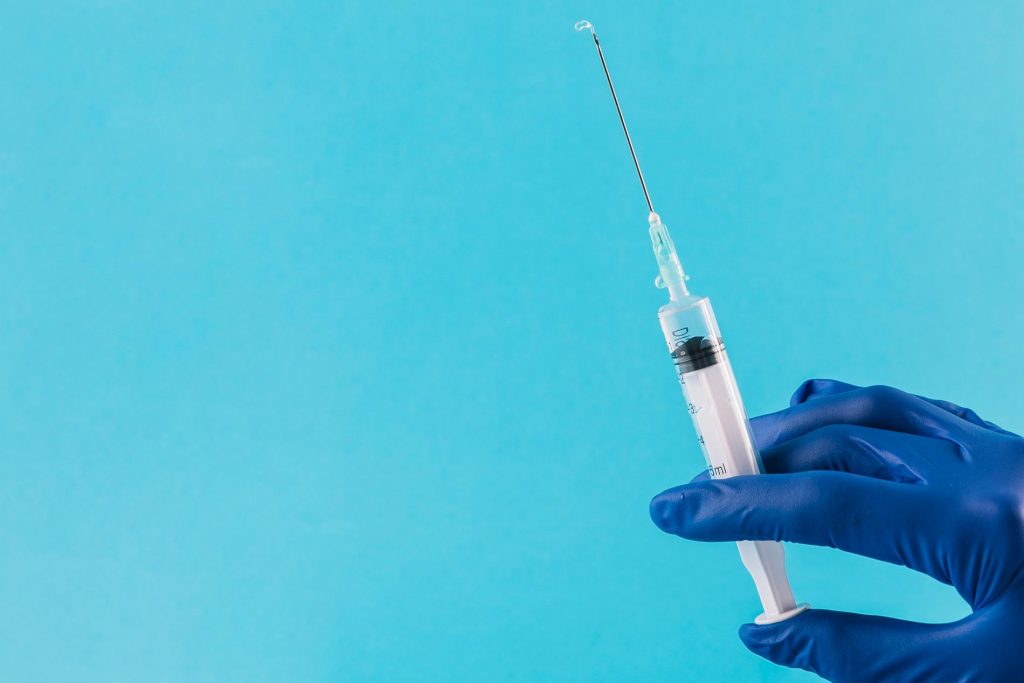INTRODUCTION
If you have had sex without using contraception, or if your contraception might have failed (unprotected sex), you can use emergency contraception, there are two methods of emergency contraception- pills and an IUD. The IUD is the most effective.
If you act quickly, emergency contraception will usually prevent pregnancy.
“All the advice and treatment you receive is confidential- wherever your receive it”.
Method 1:
Progestogen- only emergency pills.
Emergency contraceptive pills contain a Progestogen hormone which is similar to the natural progesterone women produce in their ovaries. They should be taken within three days (72 hours) of having unprotected sex. They are more effective the sooner they are taken. However they are more effective the sooner they are taken. However they are not as effective as using other methods of contraception such as the pill or condoms regularly and do not protect you against sexually transmitted infections.
Q. How do I take them?
A. Emergency pills come in packet of two. The two pills should be taken together, at the same time, and as soon as possible after unprotected sex.
Q. How do emergency pills work?
A. The pill may:
• Stop an egg being released (ovulation).
• Delay ovulation.
• Stop a fertilized egg setting in your womb (implanting).
Q. How effective are emergency pills?
A. Emergency contraceptive pills are very effective. They are more effective the sooner they are taken after sex.
• If taken within 24 hours of unprotected sexual intercourse, they will prevent more than 9 out of 10 (95%) pregnancies expected to occur if no emergency contraception had been used.
• If taken 72 hours after unprotected sex they will prevent more than 5 out of 10 (58%) pregnancies expected to occur if no emergency contraception has been used.
Q. Will emergency pills protect me from pregnancy until my next period?
A. No. Emergency pills will not protect you from pregnancy if you have further unprotected sex.
Q. Can anyone use emergency pills?
A. Almost every woman can use emergency pills. However, if you are taking certain prescribed or complementary medicines, or suffer from particular illness you may need special advice. Tell your doctor about any medicines you are taking or any illness you may have.
Q. What are the disadvantages?
A. There are no serious short or long term effects from using emergency pills. Some women will feel sick and have headaches, dizziness, tiredness, breast tenderness and abdominal pain. A very small number of women will vomit.
Q. How will emergency pills affect my period?
A. Your period may come earlier than expected or it may be up to a week late. Mostly, it comes within a few days of when you would expect it. You may experience some irregular bleeding between taking the emergency pills and getting your next period. This can range from spotting to being quite heavy.
Q. Do I need to see a doctor after I’ve taken the pills?
A. Not usually, but go and see a doctor if:
• Your next period is more than seven days late.Your period is shorter or lighter than your usual period.
• You have any sudden or unusual pain in your lower abdomen.
These could be signs of an ectopic pregnancy (a pregnancy that develops outside the womb, usually in a fallopian tube). Although this is not common, it is serious
• You think you may be pregnant.
• You want to talk about using regular contraception.
• You are worried that you might have caught a sexually transmitted infection.
Q. Can the emergency pills fail?
A. Emergency pills are very effective and should be taken as soon as possible after unprotected sex. They are most effective if taken within 24 hours. They are most likely to fail if you:
• Take the pills more than 72 hours after unprotected sex.
• Vomit within two hours after taking the pills.
• Don’t take the pills as instructed.
• Have had unprotected sex at another time, either since your last period or since taking the pills.
Q. What if vomit within two hours of taking either pill?
A. Speak to your doctor. They may give you extra pills, a medicine to stop you vomiting again or suggest having a copper IUD fitted (method 2).
Q. How will I know if the emergency pills have worked?
A. If you have taken the pills correctly and your next period seems normal, it is unlikely that you will be pregnant. If you are worried, seek advice.
Q. Are there any risks if the emergency pills fail?
A. Emergency pills have not been shown to affect a pregnancy or harm a developing baby. As with any pregnancy there is a small chance that an ectopic pregnancy may occur.
Q. Can I use emergency pills regularly?
A. Emergency pills are not as effective as other contraceptive methods regularly. If you do not want to become pregnant you should always use contraception. You can take emergency pills more than once- this is not dangerous, but may disrupt your periods. If you want advice on any method of contraception ask your doctor.
Q. Can I get emergency pills in advance?
A. Yes, if you are worried about your contraceptive method failing or cannot get emergency contraception easily. Ask your doctor .
Q If I’m using regular contraceptive pills, can I continue to take them after I’ve used the emergency pills?
A. Yes if you needed emergency contraception because you forgot some of your regular pills, you should take a contraceptive pill again within 12 hours of taking the emergency pills. You will need to use an additional contraceptive method, such as condoms, until your contraceptive pill is effective again. This will vary depending on which type of pill you take.
Method 2:
The copper IUD.
Q. What’s involved?
A. A doctor fits a copper intrauterine device (IUD) in your womb up to five days after you had unprotected sex, or up to five days after the earliest time you could have released an egg (ovulation). If you need to come back to have the IUD fitted, you may be advised to take emergency pills in the meantime.
Q. How does the IUD work?
A. It may stop an egg being fertilized or implanting in your womb.
Q. How effective is a copper IUD?
A. The IUD is most effective method of emergency contraception. It will prevent more than 9 out of 10 (98%) pregnancies expected to occur if no emergency contraception had been used. It can also provide ongoing contraception if you want to use this method.
Q. Can anyone use an IUD?
A. Most women can use an IUD for emergency contraception. An IUD may be suitable if you:
• Want to use the most effective method of emergency contraception.
• Are too late to take emergency pills (over 72 hours after unprotected sex).
• Do not want to, or cannot, take Progestogen.
• Want to use the IUD as an ongoing method of contraception.
Q. What are the disadvantages of using an IUD for emergency contraception?
A. When an IUD is fitted there is a small chance of you getting infection in your womb within 21 days after it is put in. If you have been at risk of getting a sexually transmitted infection you may have screening tests done at the time the IUD is fitted and you may also be given some antibiotics. This will help to reduce the chance of pelvic infection occurring. Very rarely perforation of womb could occur.
Q. Do I need to see a doctor after the IUD is fitted?
A. It is important to see a doctor three to four weeks after the IUD is fitted, whether or not you have had a period. This is to check you are not pregnant, that the IUD is still in the correct place and to discuss any problems.
Q. When can I have IUD removed?
A. If you do not want to keep the IUD as your regular contraceptive method, it can be removed as soon as you are sure you are not pregnant (usually during your next period).If you have not started to use a hormonal method of contraception (such as the contraceptive pill) you will need to use an extra contraceptive method such as condoms, for seven days before the IUD is taken out. This is because sperm can live inside your body for up to seven days and could fertilise an egg once the IUD is
More questions about emergency contraception.
Q. Does emergency contraception cause an abortion?
A. No, emergency contraception may stop ovulation or fertilization of an egg, or stop a fertilised egg from implanting in the womb. Medical research and legal judgment are quite clear that emergency contraception (pills or an IUD) prevents pregnancy and is not abortion. Abortion can only take place after a fertilised egg has implanted in the womb. People who believe life begins when the egg is fertilised may not wish to use the emergency contraception methods .
Q. What should I do if I think there’s a problem?
A. If you are worried about anything to do with your emergency contraception see your doctor as soon as you can. See your doctor straight away if you think you are pregnant or have any of the following:
• A sudden or unusual pain in your lower abdomen.
• A shorter, lighter or delayed period.
• A smelly discharge from the vagina.
• A high temperature.
These could be signs of an ectopic pregnancy or an infection, which can be serious.
